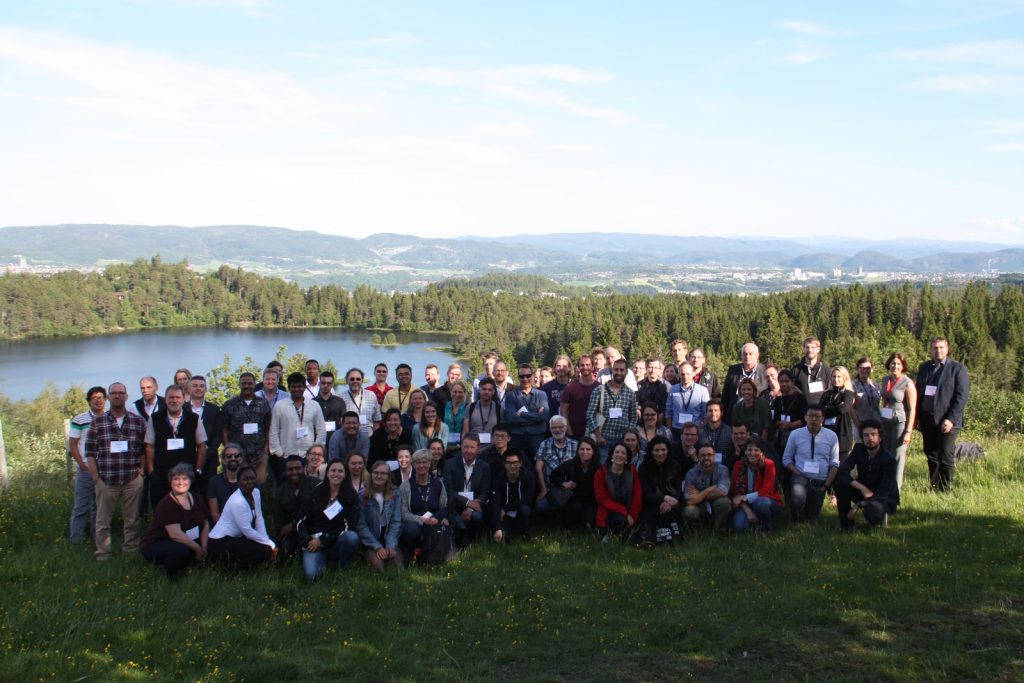
Photograph by Giang-Son Nguyen (SINTEF) The Norwegian city of Trondheim seemed the place to be this June – with hotels in high demand

Photograph by Giang-Son Nguyen (SINTEF) The Norwegian city of Trondheim seemed the place to be this June – with hotels in high demand

Adapted from Ohdera A et al. Three jellyfish genomes are better than one A new article in GigaScience might make you squirm if you plan to hit the beach this summer. The published work presents the draft genomes of three different jellyfish species.
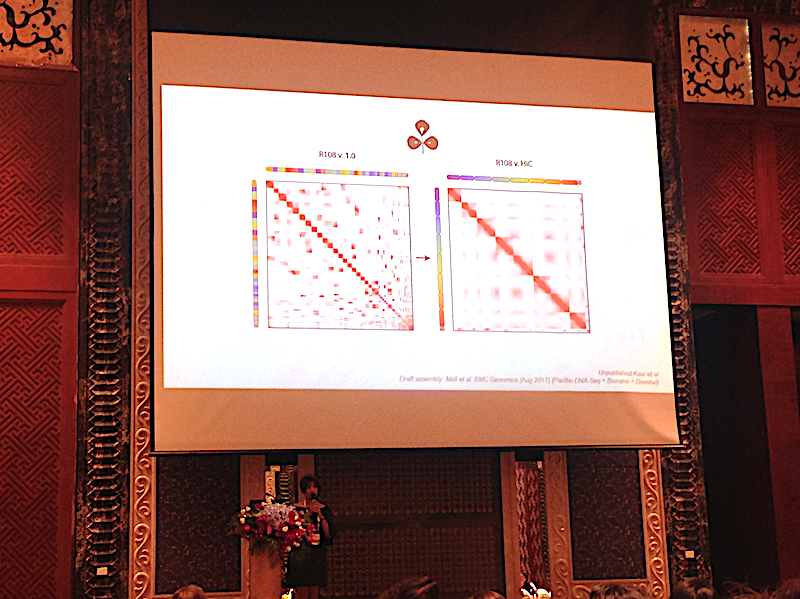
Regular readers will know GigaScience has published a lot of plant and animal genomes, and the biggest conference for this research community is the appropriately named Plant &

In the data driven era, not only in research but in our day-to-day lives, people are creating more and more personal digitized data that enables human-participant research in social sciences and personalized medicine. However, with numerous data streams and types this raises concerns such as how to merge and share such data, as well as ethical problems.
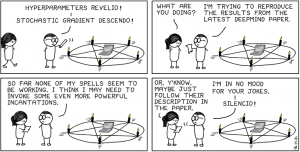
At GigaScience as our focus is on reproducibility rather than subjective impact, it can be challenging at times to judge this in our papers. Targeting the “bleeding edge” of data-driven research, more and more of our papers utilise technologies, such as Jupyter notebooks, Virtual Machines, and Containers such as Docker.
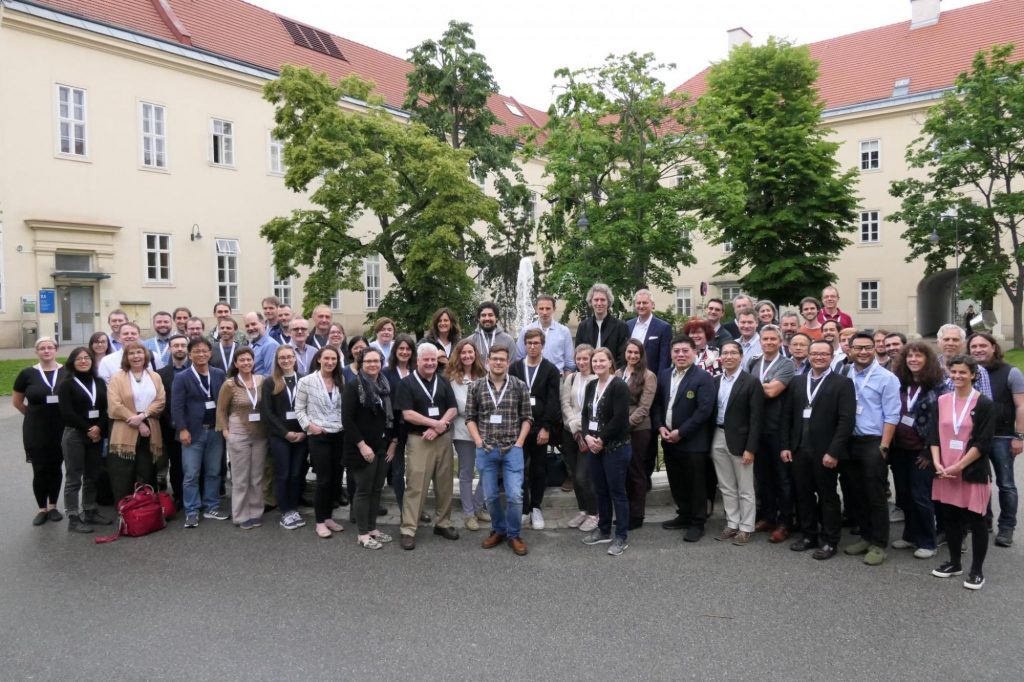
The 21st meeting of the Genomics Standards Consortium (GSC21) took place last week in Vienna at one of the oldest universities in the world – the University of Vienna – from May 20th-23rd. We’ve been long time supporters and participants of the Genomics Standards Consortium meetings going back to 2012’s GSC13 in Shenzhen, and have also published a special series of GSC “Best Practice in Genomics Research” papers.
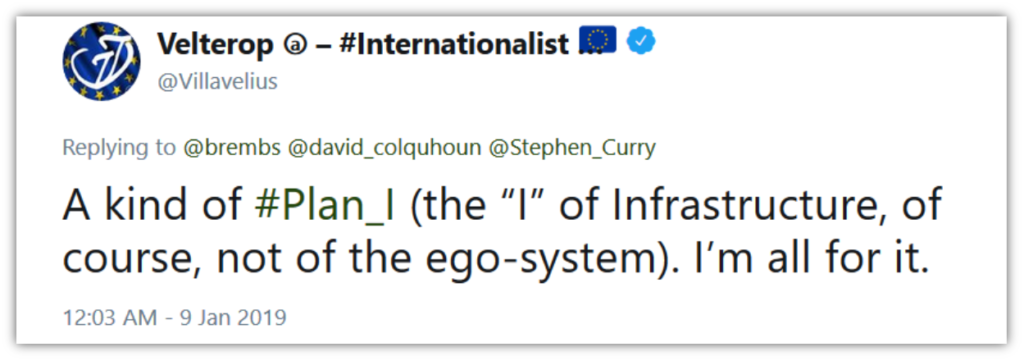
Yesterday, cOAlition S published their updated principles and implementation guidelines for #PlanS, together with the rationale behind the update. This constitutes a very much welcome effort, as evidence of the increasing awareness among funders as to their potential leverage in infrastructure modernization, at a time when institutions have apparently abandoned their faculty completely.
Scientists are used to vested interests disputing scientific claims. Tobacco corporations have tried to discredit the science about lung cancer and smoking, creationists keep raising always the same, long-debunked objections against evolution, climate-deniers claim the earth is cooling, anti-vaxxers believe the MMR vaccine causes autism and homeopaths delude themselves that a little drop of nothing has magical healing powers.
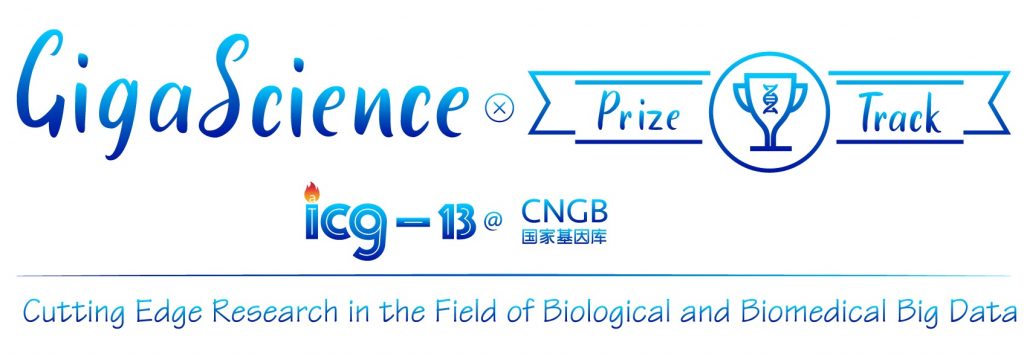
Just out in GigaScience is a new paper presenting Rice Galaxy, an open resource for plant science using the Galaxy workflow management system we are so fond of. The authors from the International Rice Research Institute in the Phillipines are winners of our 2018 ICG13 Prize, and as this is the final paper to be published we can now present a summary of the competition.
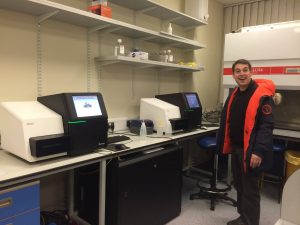
The mock metagenome, MAGs and breaking the first rule of Long Read Club Nick showing us some of his experiments with an early antecedent Short Read Club… Out today in GigaScience is a new “mock metagenome” Data Note from the Nick Loman lab in Birmingham showcasing the latest long-read sequencing technologies from Oxford Nanopore.